Sesame oil is commonly used in Asian cuisine for cooking, frying, and seasoning. Sesame oil is available in two forms: toasted and untoasted, and is used in various dishes depending on its type and flavor.
Table of Contents
Sesame Oil - Origin, Uses and Health Benefits
Sesame oil is used in a wide range of culinary and medicinal applications. Here is an overview of sesame oil, its origin, uses, and health benefits:
- Origin: Sesame oil has been used for thousands of years in traditional Asian medicine and cooking. It is believed to have originated in India or Africa and has since spread throughout Asia, the Middle East, and other regions.
- Production: Sesame oil is produced by pressing sesame seeds to extract the oil. The seeds may be toasted or untoasted, and the resulting oil can vary in flavor and color depending on the type of seed and production method used.
- Culinary uses: Sesame oil is commonly used in Asian cooking as a seasoning or cooking oil. It is often used to flavor stir-fries, marinades, salad dressings, and other dishes. It can also be used in baking and as a substitute for other oils.
- Medicinal uses: Sesame oil has been used in traditional medicine practices for its potential health benefits, including improving digestive health, reducing anxiety, promoting hair growth, and reducing inflammation.
- Health benefits: Sesame oil is a rich source of nutrients, including healthy fats, antioxidants, and anti-inflammatory compounds. It has been linked to improved heart health, reduced inflammation, improved skin health, and potential cancer-fighting properties.
- Types of sesame oil: Sesame oil is available in two main types: toasted and untoasted. Toasted sesame oil has a stronger flavor and darker color, while untoasted sesame oil has a milder flavor and lighter color.
In summary, sesame oil is a versatile and flavorful oil that has been used for centuries in cooking and traditional medicine. It offers a range of potential health benefits and can be used in a variety of culinary applications.
Types of Sesame Oil – Cold Pressed, Refined and Organic
Sesame oil is available in several different types, each with its own characteristics and uses. Here are three common types of sesame oil:
- Cold-pressed sesame oil: This type of sesame oil is produced by crushing sesame seeds and extracting the oil without the use of heat. Cold-pressed sesame oil is generally considered to be the most flavorful and nutritious type of sesame oil, as it retains more of the natural nutrients and flavor of the sesame seeds.
- Refined sesame oil: This type of sesame oil is made by processing raw sesame seeds with chemicals and heat to extract the oil. Refined sesame oil is typically lighter in color and flavor than cold-pressed sesame oil, and it has a longer shelf life. However, it may have fewer nutrients than cold-pressed sesame oil.
- Organic sesame oil: This type of sesame oil is made from sesame seeds that have been grown and processed without the use of synthetic pesticides, fertilizers, or other chemicals. Organic sesame oil is generally considered to be healthier and more environmentally friendly than conventionally grown sesame oil.
When choosing sesame oil, it's important to consider its intended use and the flavor profile you prefer. Cold-pressed sesame oil is a good choice for salads, dips, and other dishes where its flavor will be prominent. Refined sesame oil is a better choice for high-heat cooking or deep-frying, as it has a higher smoke point than cold-pressed sesame oil. Organic sesame oil is a good choice for those who are concerned about the potential health and environmental effects of conventional farming practices.
How to Select the Best Quality Sesame Oil
When selecting sesame oil, there are a few key factors to consider to ensure you are choosing the best quality oil. Here are some tips on how to select the best quality sesame oil:
- Check the label: Look for sesame oil that is 100% pure and free of any additives, such as preservatives or artificial flavors. The label should also indicate whether the sesame oil is cold-pressed or refined.
- Look for a dark-colored bottle: Sesame oil is sensitive to light and can become rancid if exposed to too much light. Look for sesame oil that is sold in a dark-colored bottle to protect the oil from light exposure.
- Check the aroma: The aroma of sesame oil can give you an indication of its freshness and quality. Fresh, high-quality sesame oil should have a nutty, rich aroma. If the oil smells rancid or stale, it may be of lower quality.
- Taste the oil: If possible, taste the sesame oil before purchasing it. High-quality sesame oil should have a rich, nutty flavor and a slightly sweet aftertaste. If the oil tastes bitter or bland, it may be of lower quality.
- Choose a reputable brand: Look for sesame oil from a reputable brand with a good reputation for producing high-quality oils. Check online reviews or ask for recommendations from friends or family members.
By considering these factors, you can select the best quality sesame oil that will provide maximum flavor and nutritional benefits to your dishes.
Nutritional Value of Sesame Oil – Vitamins, Minerals, Fat Content and Calorie
Sesame oil is a rich source of nutrients and healthy fats. Here is an overview of the nutritional value of sesame oil:
- Fat content: Sesame oil is primarily composed of healthy unsaturated fats, including monounsaturated and polyunsaturated fats. It is also low in saturated fat.
- Calories: One tablespoon of sesame oil contains around 120 calories, making it a high-calorie oil. However, it is typically used in small amounts in cooking, so its caloric impact is minimal.
- Vitamins: Sesame oil is a good source of several vitamins, including vitamin E, which is a powerful antioxidant that can help protect against cellular damage. It also contains small amounts of vitamin K and vitamin B6.
- Minerals: Sesame oil is a good source of several minerals, including copper, manganese, and calcium. These minerals play important roles in bone health, metabolism, and other bodily functions.
- Other compounds: Sesame oil contains a variety of other compounds, including lignans, which have been linked to a reduced risk of certain cancers, and sesamol, which may have antioxidant and anti-inflammatory properties.
In summary, sesame oil is a nutritious oil that is rich in healthy fats, vitamins, minerals, and other beneficial compounds. While it is high in calories, it can be used in moderation as part of a healthy diet to provide flavor and nutritional benefits to a range of dishes.
Beauty Benefits of Sesame Oil – Hair Care, Skin Care and Other Uses
Sesame oil has been used for centuries in traditional medicine and beauty practices, and for good reason. Here are some of the beauty benefits of sesame oil:
- Hair care: Sesame oil can be used to nourish and strengthen hair, as it is rich in vitamins and minerals that promote healthy hair growth. Massage warm sesame oil into your scalp and hair, leave it on for 30 minutes, and then rinse with warm water for a natural hair treatment.
- Skin care: Sesame oil is also great for skin care, as it is rich in antioxidants and vitamin E that can help protect the skin from damage and reduce signs of aging. It can also help soothe dry, irritated skin and may have antibacterial properties that can help prevent acne. Apply sesame oil to your skin as a moisturizer or mix it with other ingredients to create a DIY facial mask.
- Massage oil: Sesame oil is a popular massage oil, as it has a smooth, silky texture that can help soothe sore muscles and relax the body. Warm up sesame oil and use it to give yourself a relaxing massage or get a professional massage with sesame oil.
- Nail care: Sesame oil can also be used to promote healthy nails, as it contains essential fatty acids that help strengthen and protect the nails. Apply sesame oil to your nails and cuticles regularly to keep them healthy and strong.
Overall, sesame oil is a versatile and effective natural beauty product that can be used for a variety of purposes. Whether you use it for hair care, skin care, massage, or nail care, sesame oil can provide a range of beauty benefits that can help you look and feel your best.



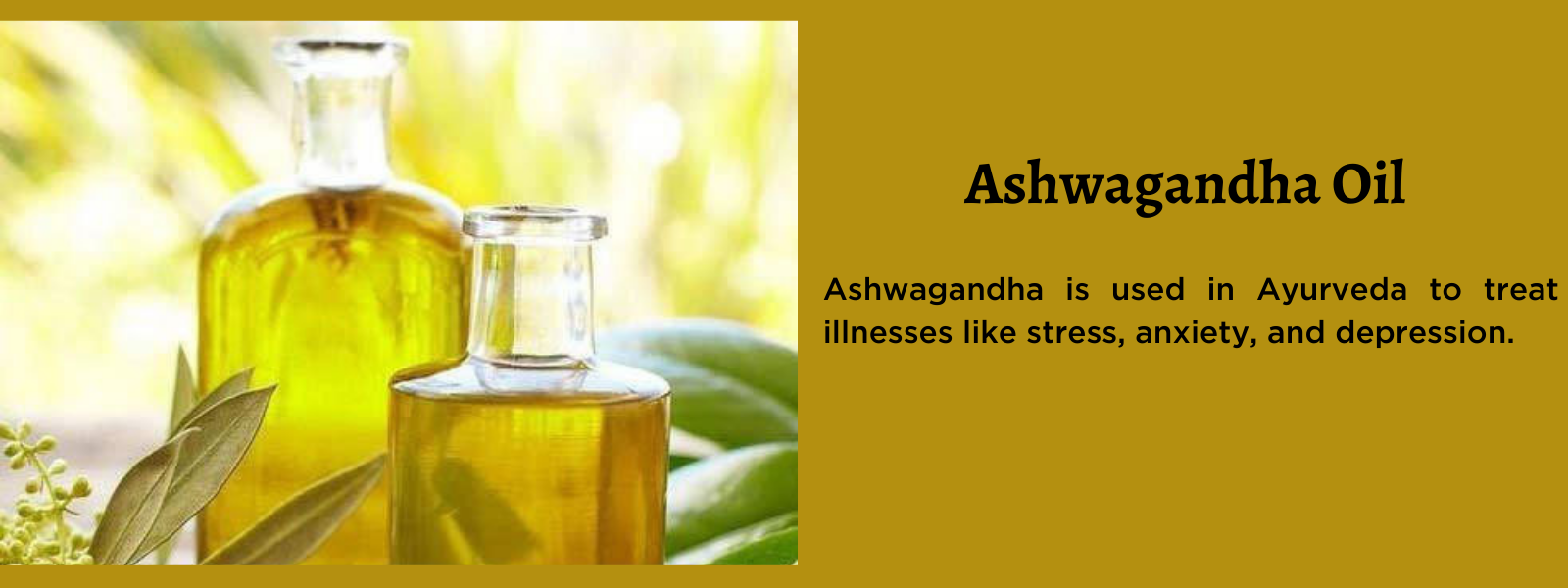
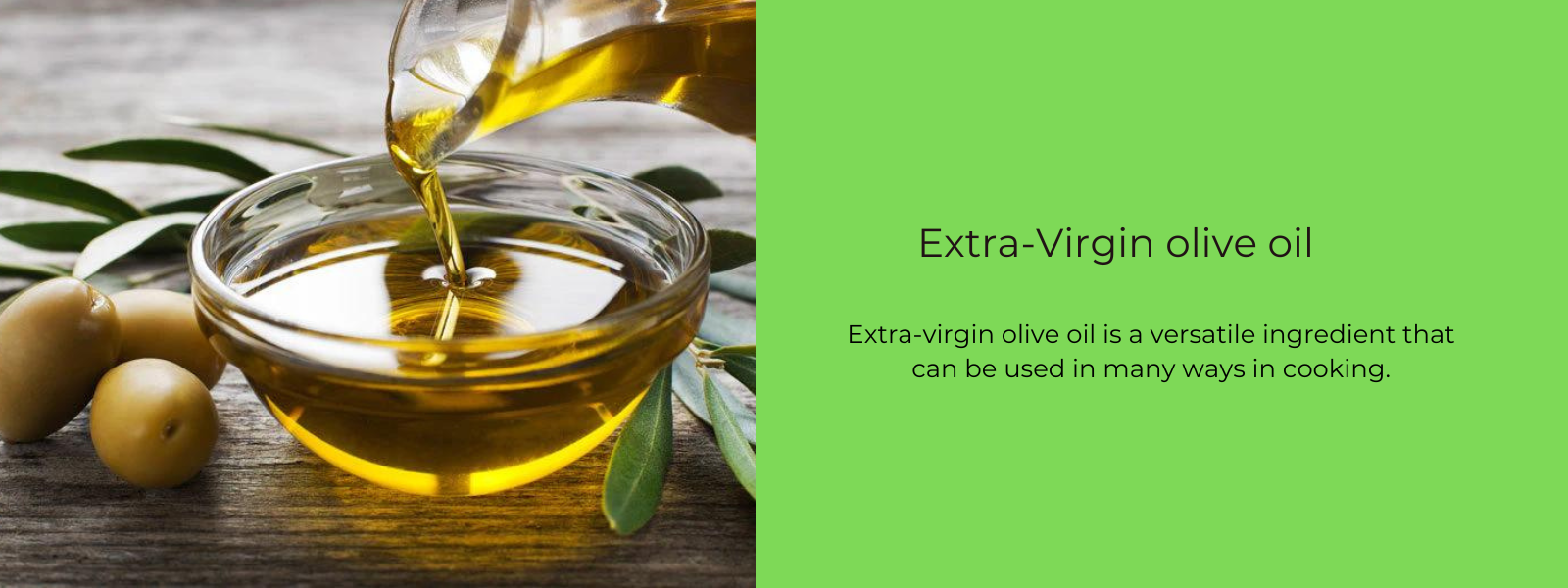

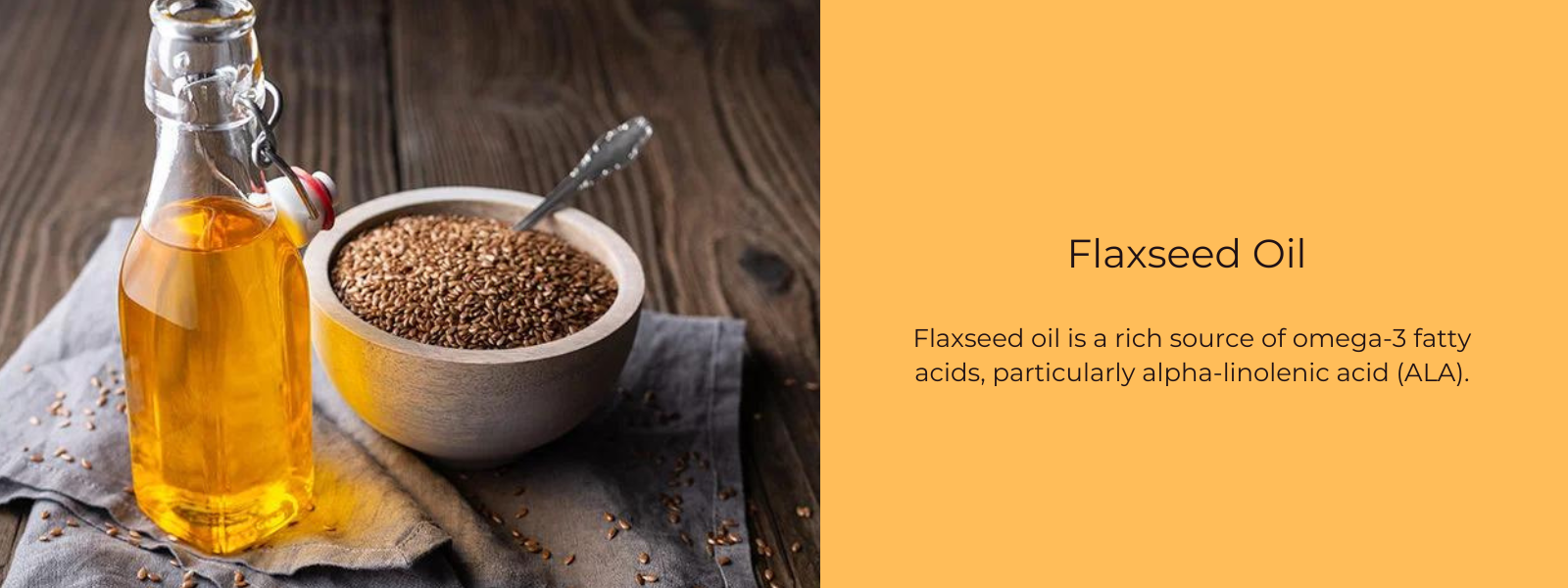
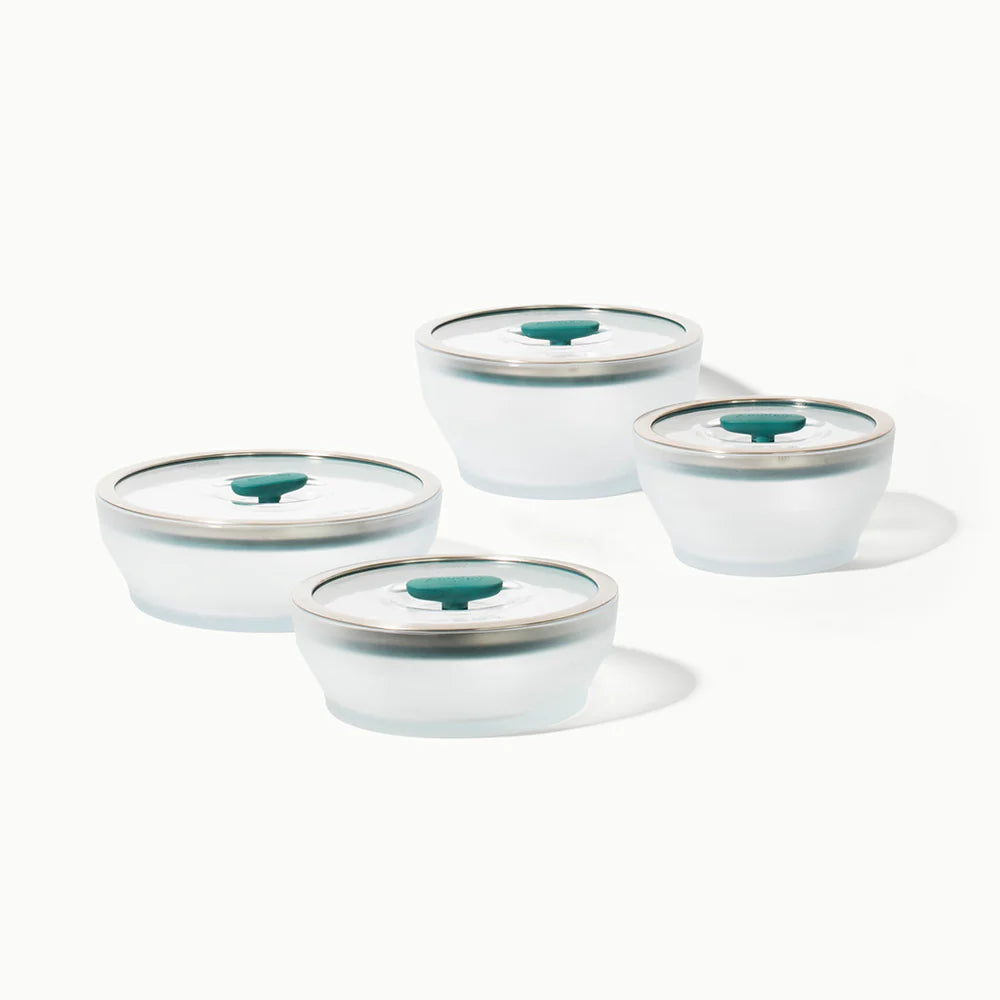
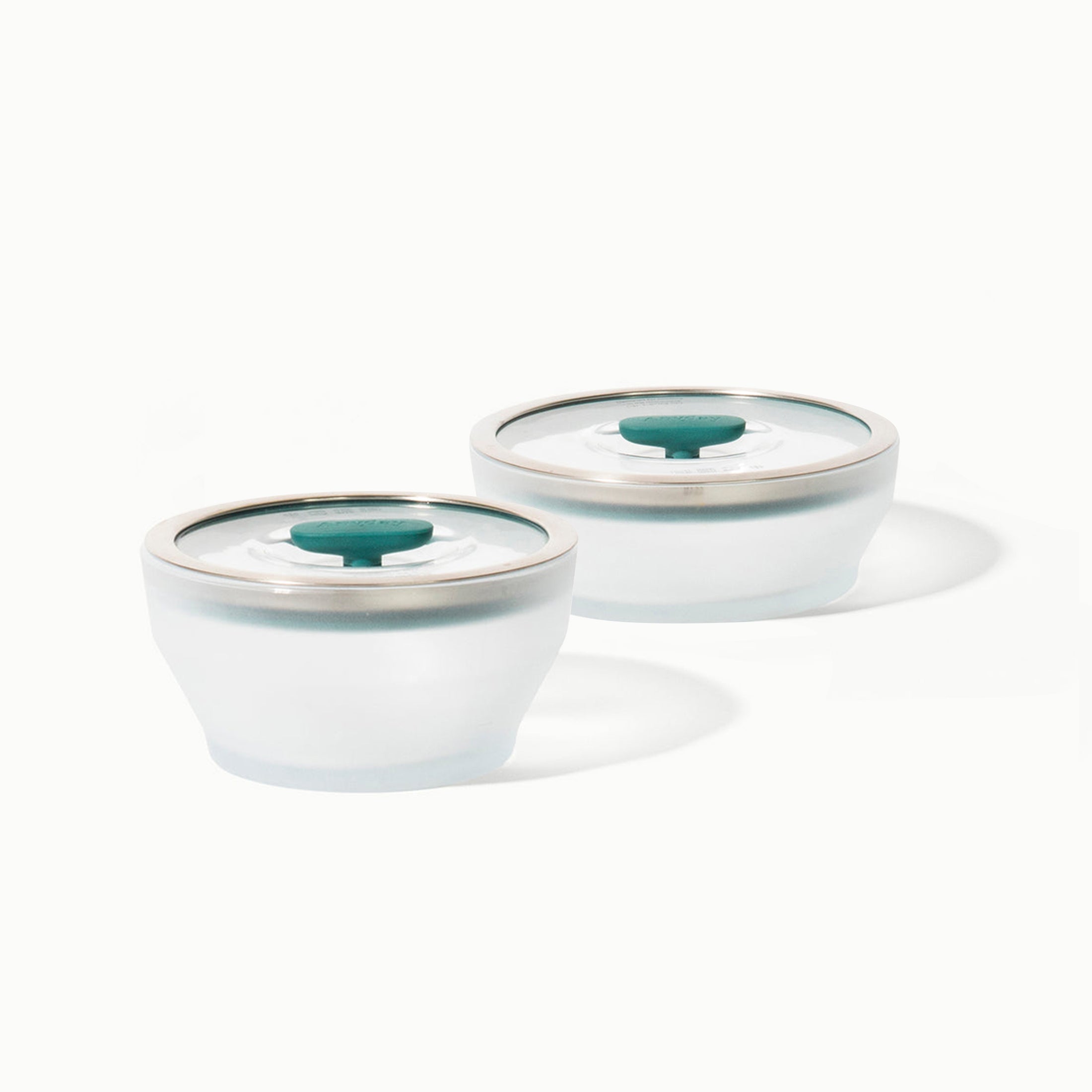




Leave a comment